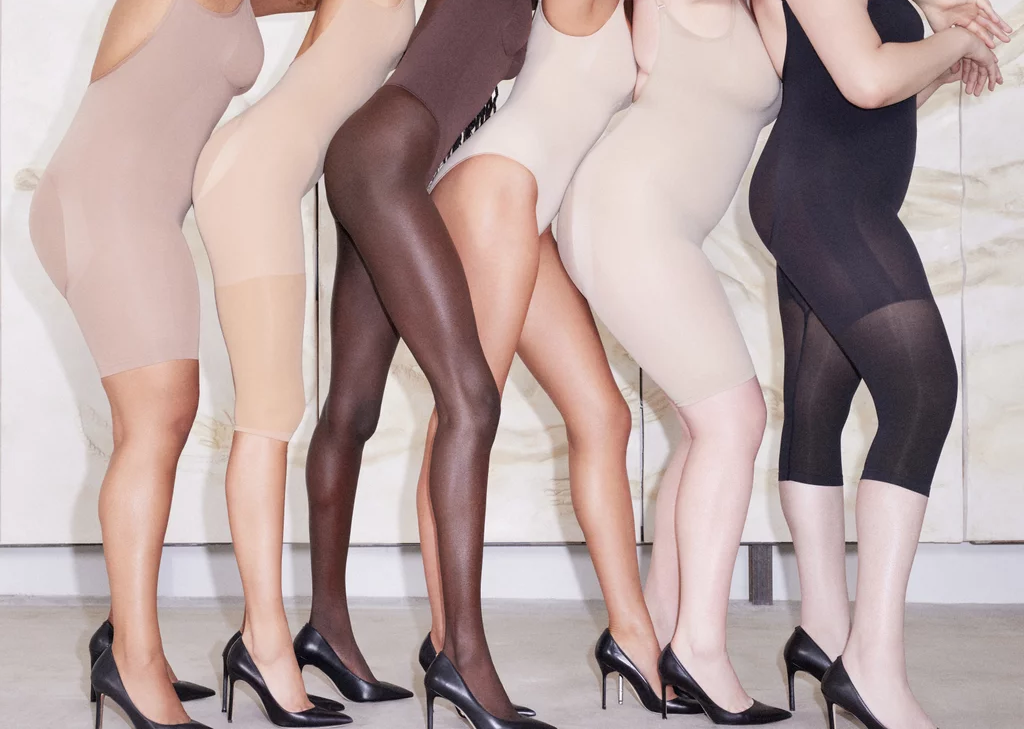The Relationship Between Wearing Shapewear and One’s Personality

Shapewear has long been a topic of interest, both as a functional garment and as a reflection of personal identity. It goes beyond simply shaping the body; it can be a window into how people perceive themselves and how they wish to be perceived by others. This article explores the subtle and sometimes surprising connections between wearing shapewear and one’s personality.
Shapewear as a Confidence Booster
For many, shapewear serves as a tool to enhance confidence. People who value precision and control in their lives may gravitate toward shapewear as a way to reflect those traits physically. These individuals often prefer polished appearances, and shapewear helps them achieve a streamlined silhouette that aligns with their personal ideals.
However, confidence can manifest differently across personalities. While some wear shapewear as a private reinforcement of self-assurance, others might see it as an external affirmation, particularly in social or professional settings. This duality highlights the complex interplay between personality traits like introversion and extroversion and the decision to wear shapewear.
The Desire for Perfection vs. Comfort
Individuals with perfectionist tendencies often favor shapewear for its ability to create a flawless appearance. This preference can mirror a personality that thrives on meticulousness and attention to detail. In contrast, those who prioritize comfort and practicality might only wear shapewear occasionally or opt for less restrictive designs, suggesting a personality that values ease over appearances.
Interestingly, some personalities blend these traits. They might seek shapewear that balances aesthetics with comfort, reflecting a pragmatic approach to self-presentation. This balance often speaks to adaptable and creative personalities who prioritize flexibility in their daily lives.
Shapewear and Social Identity
Shapewear can also be a marker of how individuals navigate societal expectations. Those who are highly attuned to social norms might see shapewear as a way to align with prevailing standards of beauty or professionalism. This behavior often correlates with personalities that are conscientious or agreeable, as they aim to maintain harmony in social interactions.
On the other hand, individuals with rebellious or unconventional personalities might reject shapewear entirely or use it in unexpected ways, such as layering it as outerwear. For them, shapewear becomes a tool of self-expression rather than conformity.
Shapewear and Self-Care
The relationship between shapewear and personality isn’t always about appearance; for some, it’s about self-care. Wearing shapewear can feel like an act of self-investment, especially for those with nurturing or introspective personalities. These individuals often see shapewear as a way to honor their bodies and feel their best, regardless of external perceptions.
Cultural Influences and Personal Identity
Cultural background also plays a significant role in shaping attitudes toward shapewear. In societies where body image is closely tied to identity, wearing shapewear might be more common, influencing personality traits like self-awareness and social adaptability. Conversely, in cultures with more relaxed attitudes toward body diversity, shapewear might be viewed as unnecessary, aligning with personalities that are more relaxed and accepting.
Final Thoughts
The decision to wear shapewear—or not—is deeply personal and often reflects underlying personality traits. Whether it’s about boosting confidence, meeting societal standards, or simply feeling good, shapewear serves as more than just a garment. It’s a reflection of the diverse ways people express themselves and navigate the world.
Ultimately, shapewear is just one piece of the broader puzzle of personal identity. By understanding its role in our lives, we gain greater insight into the complexities of human personality and self-expression.